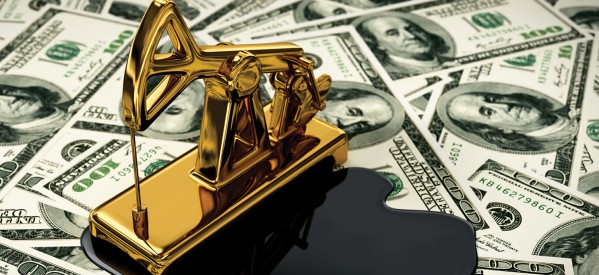 Following Turkish President Recep Tayyip Erdoğan ‘s announcement on 17 April that Turkey will hold snap elections on 24 June, the country has reached a new crossroads; both politically and in terms of the economy. The most important aspect about the snap elections on June 24 is that they will change the country’s governmental structure
Following Turkish President Recep Tayyip Erdoğan ‘s announcement on 17 April that Turkey will hold snap elections on 24 June, the country has reached a new crossroads; both politically and in terms of the economy. The most important aspect about the snap elections on June 24 is that they will change the country’s governmental structure
Let’s leave the political implications to the expert and take a look at the finance side of the elections: The announcement has led to a degree of relief in the markets, as the period of ambiguity until the elections which were originally planned in 1.5 years was cut down to just 1.5 months. The dollar, which stood at around TL 4.10 prior to the announcement about snap elections fell down to TL 4.02 within less than two hours following the announcement. But is this development going to be long term? Examining the course of the dollar rate after the initial slide, it is hard to assert that that the rate will calm down permanently. The rate rose back up to TL 4.05 within a matter of days after that initial reaction. Although most of the mainstream media linked the dollar’s slide to the elections, economists say that the rate slackened owing to the expectation that the Turkish Central Bank will decide on a rate hike at its 25 April meeting.
As our newspaper goes to print before that date, the scale of the rate increase is yet unknown, however it is anticipated that the Central Bank will up the rate by 0.50 to 0.75 points. As per these expectations, if the Central Bank keeps the rate unchanged and fails to manage market expectations, a new hike in the dollar-lira rate is likely. At the same time, although a positive mood is in place in the financial markets, it is no secret that the same air of relief is utterly lacking in the real sector. Many industries, starting with housing, are really missing the better days they’ve seen. Additionally, it should be noted that even TL 3.70 is too high a rate for the Turkish economy, let alone TL 4.00. The real sector debt stands above 200 billion dollars, threatening the economy like the sword of Damocles. Deputy Prime Minister Mehmet Şimşek’s warning that businesses should “repair the roof over your head before the coming storm and not borrow in dollars” is a good hint for those willing to heed any warnings.
A 10.7 percent increase since the start of the year
As if the situation wasn’t difficult enough due to the ever increasing inflation rate coupled with the soaring current account deficit, the recent hike in the price of oil has only added to the existing troubles. As of 20 April, the price of oil exceeded 74 dollars per barrel, which corresponds to a significant rise of about 10.7 percent since the start of the year. The rise in oil prices continues to increase Turkey’s already high current account deficit and also appears that it will be a powerful source of pressure on the inflation rate. In other words, it appears that the economy administration will have to take steps to alleviate the fallout from rising oil prices at a time when it is also struggling with the high exchange rate.
US President Donald Trump criticized OPEC for cutting down on production — the reason behind higher prices — calling this move unacceptable. Trump’s statement initially put a brake on the rise on the price of oil. However it remains to be seen whether this will be enough to stall the rise of oil prices by itself. Following Trump’s criticism of OPEC, the organization’s Secretary General Mohammed Barkindo said a Declaration of Cooperation between OPEC and non-OPEC oil producing countries on oil output cuts, which was signed in December 2016 and implemented since 2017 “rescued the oil industry from imminent collapse, and is now on course to restore stability on a sustainable basis in the interest of producers, consumers, and the global economy.” This statement also indicates that oil prices will not be going down too much from their current levels any time soon.










